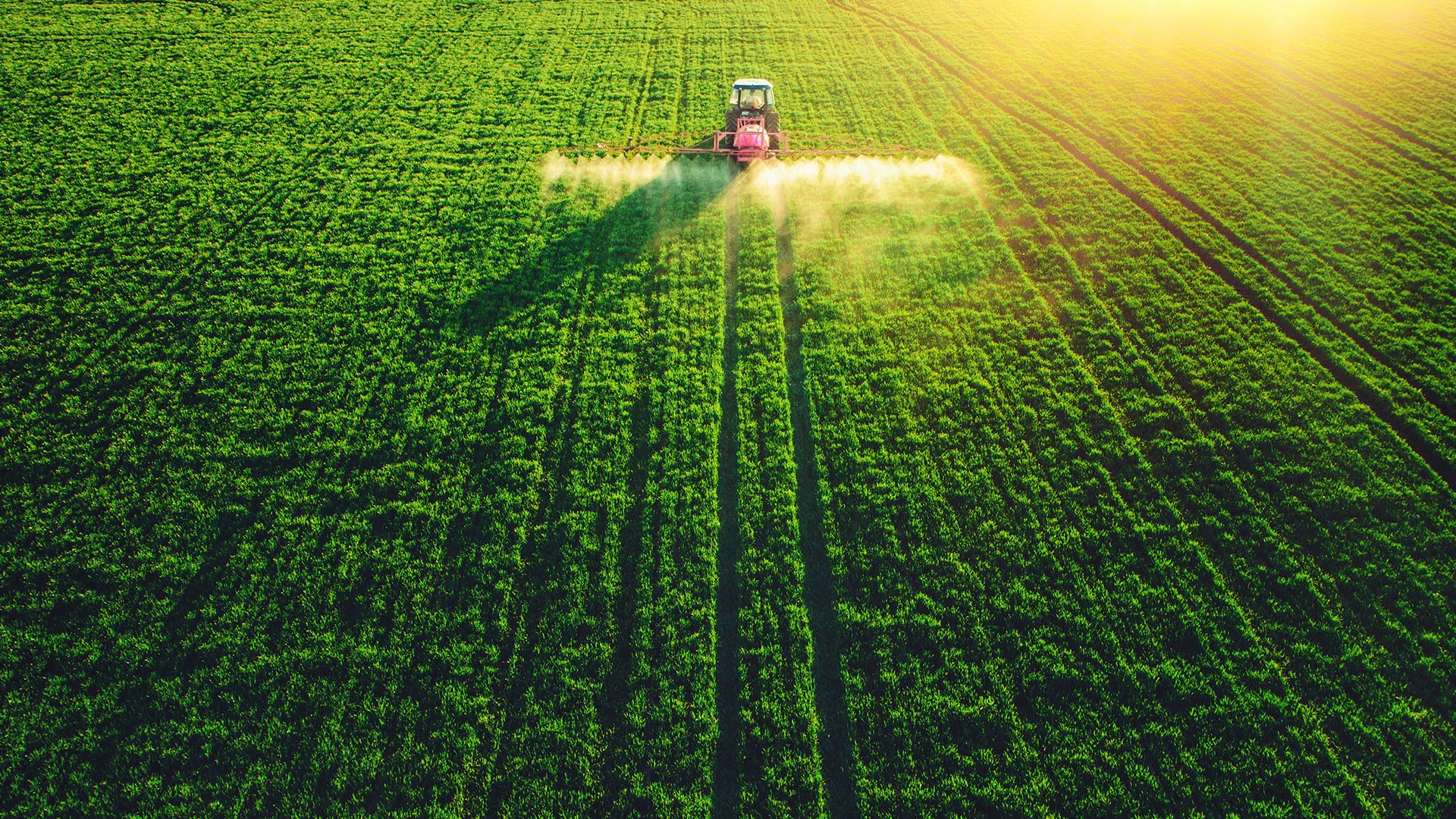On April 17, the Canadian Food Inspection Agency (CFIA) announced it reached a temporary agreement with the U.S. Department of Agriculture (USDA) around the import and export of animal products between Canada and the United States.
Pursuant to the agreement, the CFIA and USDA have granted a six-month extension to allow approved facilities to continue to export certain animal products, by-products and pet foods (Animal Products) without the required annual inspections. Specifically, pending annual inspections for no-change renewals are postponed until the agreement expires on September 30, 2020. However, new facilities, new permits, and amendments to permits will continue to require new or revised inspections.
Exporting to the United States
For Canadian Animal Products facilities that require a CFIA Facility Inspection Checklist (Bovine Spongiform Encephalopathy [BSE] Questionnaire) in order to export to the United States, those checklists will be valid for up to six months after being signed by a CFIA veterinary inspector.
Export certificates for Animal Products will continue to be endorsed by the CFIA for up to six months past the inspection validity expiration date.
However, facilities producing thermally processed pet food requiring Veterinary Services Special Authorization Letters in order to export to the United States must directly request an extension by emailing their current authorization to
NCIE.Inspection.Docs@usda.gov.
Importing from the United States
For Animal Products facilities in the United States that require a USDA Animal and Plant Health Inspection Service facility inspection prior to the issuance of a CFIA import permit, a six-month extension has been granted on the date the permit is valid without re-inspection.
Export certificates will be endorsed by the USDA for up to six months past the inspection validity expiration date.
Impacts
This agreement is in effect immediately and will continue until September 30, 2020. It serves two important functions for the CFIA and the Canadian food supply more generally:
- it is consistent with the CFIA’s business continuity plan of temporarily suspending low-risk activities that do not immediately affect the production of safe food for Canadians so that it may prioritize those activities critical to the integrity of Canada’s food safety system; and
- it is expected to maintain the bilateral trade flow of Animal Products during the pandemic without undue delay.






